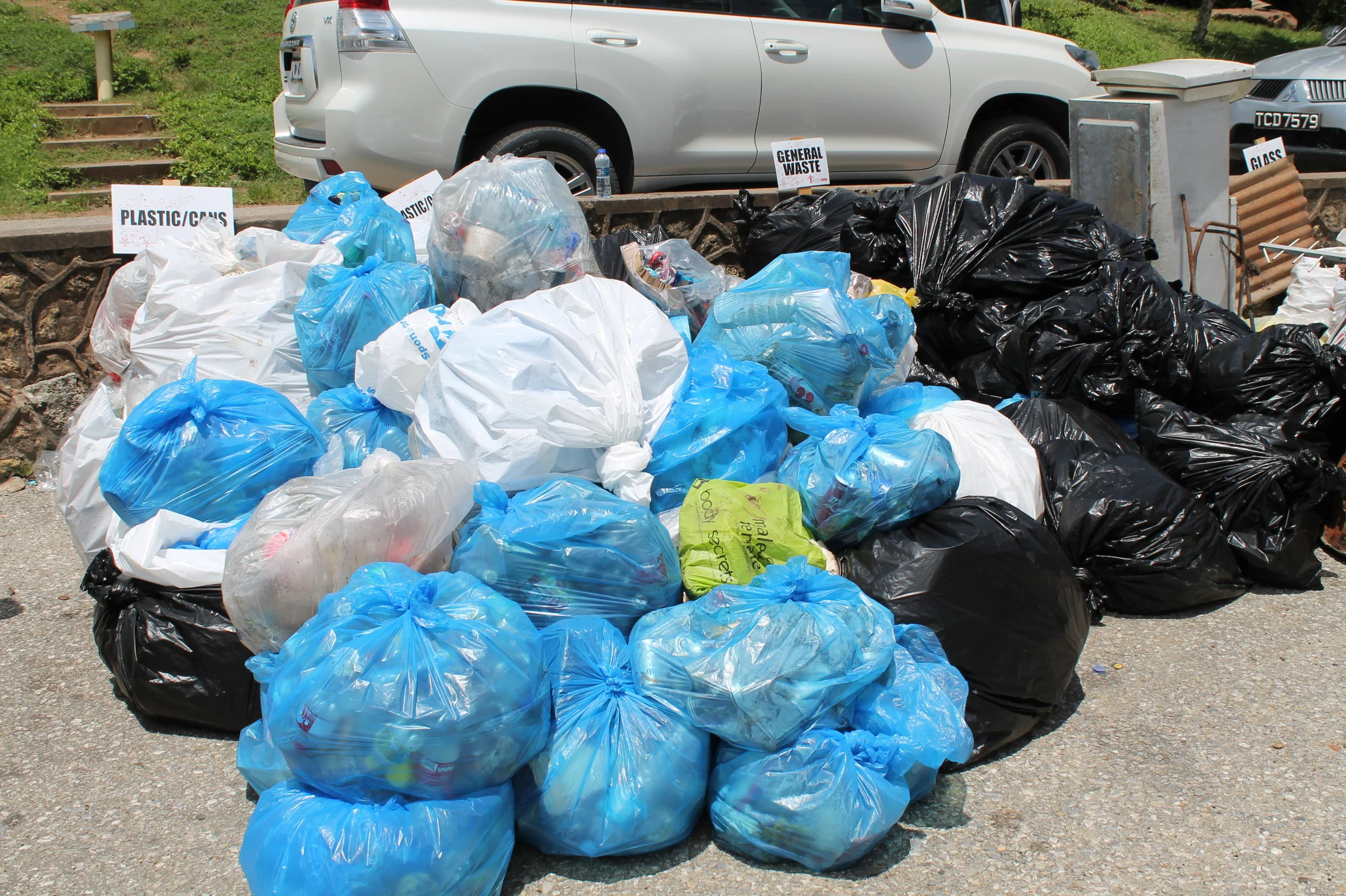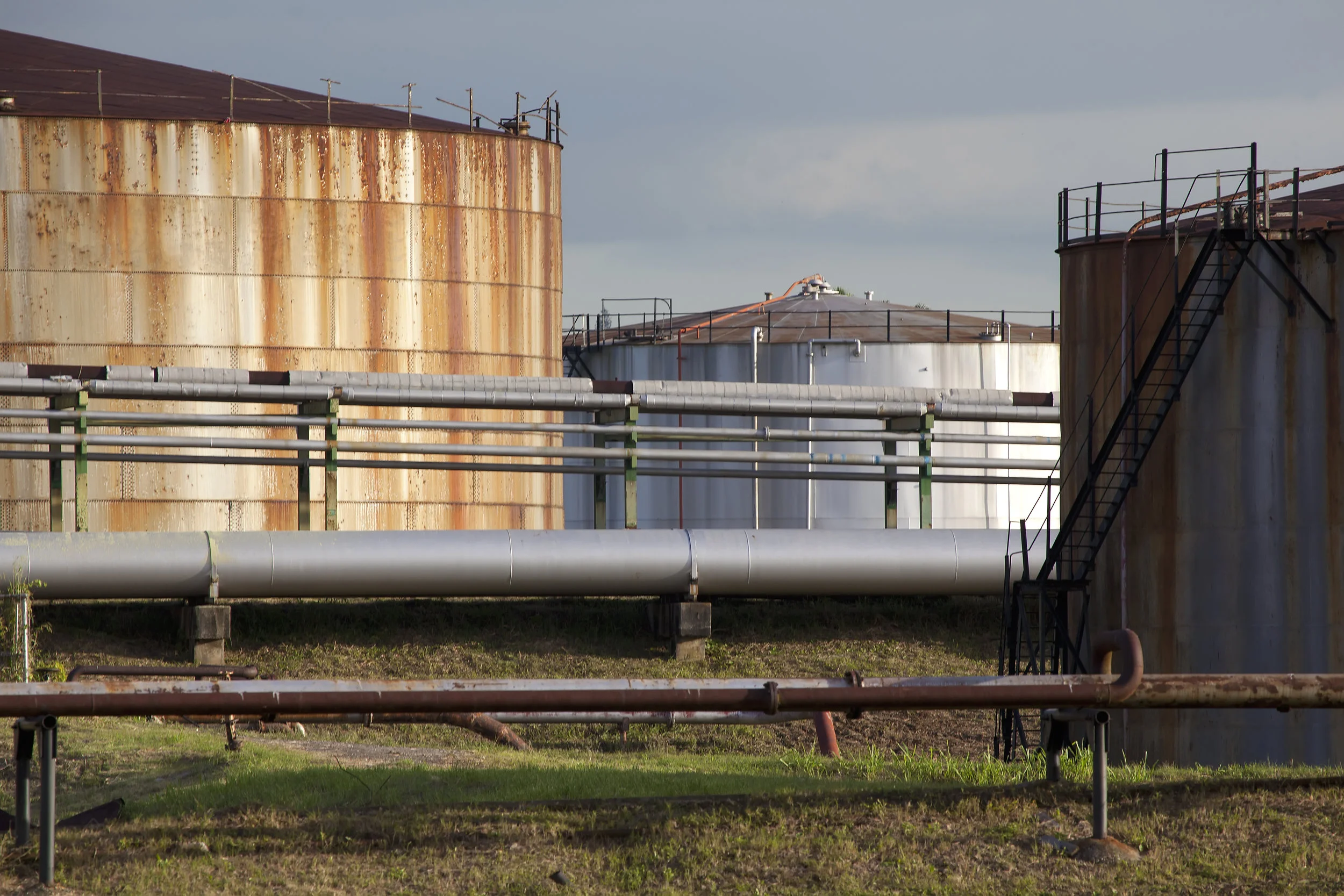While the country continues to struggle to meet its renewable energy targets by 2021, the Government of Trinidad and Tobago has made a first step in the direction of diversifying its energy mix for electricity away from 100 per cent natural gas-fired power plants. Earlier in September, the Ministry of Energy and Energy Industries issued a request for the submission of expressions of interest (EOI) for a waste-to-energy (WtE) facility at the Beetham Landfill site.
One of the arguments used by proponents of fossil fuel subsidies in Trinidad and Tobago is that the gasoline or diesel that they put into their tanks is produced in the country and, therefore, belongs to them and should be provided to them at a low price. In reality, on average, more than half of the hydrocarbon molecules going into any gasoline or diesel tank will actually have been produced in another country and imported to Trinidad and Tobago to be refined at the Point-a-Pierre refinery. The hydrocarbon molecules going into your tank could be from Trinidad and Tobago, but they also could be from Russia, Gabon, Brazil or Colombia.
Shell’s activity in Trinidad and Tobago is set to accelerate over the next few years, with two rigs due to be simultaneously in operations for the first time in the recent history of the asset (which was brought into the Shell Trinidad & Tobago Limited portfolio through their purchase of BG Group). The recent acquisition by Shell Trinidad & Tobago Limited of Chevron’s interests in Trinidad and Tobago has allowed them to make investment decisions on new activity off Trinidad’s east coast without having to seek the agreement of a partner. This has been important in unlocking the new investment in upstream gas production.
Over 96 per cent of service companies reported that they were affected by late payments and that they had receivables in excess of 60 days, according to a survey of contractors and service companies conducted by the Energy Chamber of Trinidad and Tobago. In addition, 58 per cent of respondents said that the impact on their companies was very significant.
With new gas coming on stream from bpTT’s Juniper project and the full implementation of the Trinidad onshore compression (TROC) project, national gas production in Trinidad & Tobago appears to be at last turning the corner and showing signs of growth.
50 percent of energy services companies polled by the Energy Chamber indicated that the value of their business was down in the second quarter of 2017. 77 percent of the respondents indicated that this was due to decrease in demand for services.
Eugene Tiah, newly appointed Chairman of the Board of the Energy Chamber, delivers his first address to the membership at the AGM on 5th October, 2017
The Energy Chamber is very concerned about the allegations being made about fraud in the transfer and sale of oil from A&V Drilling to Petrotrin. The Energy Chamber urges a speedy conclusion to the internal investigations and that Petrotrin takes all appropriate measures based on the final findings of the investigation, including referring the report to the police once due process is followed.
Progressive countries across the world have already implemented legal and commercial frameworks for electricity generation from renewable energy (RE) sources. The most suitable RE sources for operation in Trinidad and Tobago appear to be Waste-to-Energy (WtE), Solar and Wind technologies. Within the next decade, as Wave-to-Energy technologies advance, this too, should be expected to form part of the domestic energy-generation toolkit.
The Energy Chamber wishes to convey its deepest condolences to Richard’s family, friends and loved ones on his passing.
The Noble Bob Douglas drillship, owned by offshore driller Noble Corp, has been hired to work for Exxon in Guyana. The contract is with ExxonMobil in Guyana and is for a three-year period. The estimated contract start date is Q1/Q2 2018 with the estimated contract end date being Q1/Q2 2021.
The inability of the Ministry of Energy and Energy Industries to decide on a certification system for energy service companies (ESCO) is a major barrier to efforts to increase energy efficiency in Trinidad and Tobago, according to Christopher Narine-Thomas, Chairman of Energy Efficiency and Alternative Energy Committee of the Energy Chamber.
Point Lisas Industrial Estate and Tamana Intech Park could potentially be locations for the first solar panel manufacturing plants in Trinidad and Tobago. Marcia Maynard, Manager Energy Industry Development, National Energy Corporation of Trinidad and Tobago Ltd. (National Energy) revealed their plans for the plants while presenting at last month’s Clean Energy Conference hosted by the Energy Chamber of Trinidad and Tobago.
Interest in energy efficiency, renewable energy and climate change has increased in Trinidad and Tobago in recent months, driven by both international events and specific local challenges. But while there is a lot of interest from industry, academia and NGOs, government action seems to be lagging behind.
Currently, the local energy landscape is challenged as there exists a natural gas supply shortfall in the local energy sector, primarily as a result of depleting reservoirs (mature province); easy discoveries already found; little exploration contributing to the gas supply challenge; limited access to good quality and low cost seismic data and long negotiation period for gas contracts.
Jamaica has been making the news for its aggressive drive to diversify away from its traditional reliance on imported oil, with both renewable energy and natural gas featuring strongly. The demand for natural gas for power generation is increasing. Several new facilities in Jamaica have also come on stream to use natural gas as a fuel, including Red Stripe brewery, and bauxite mining and alumina producer, Jamalco. With no domestic gas production as yet, Jamaica has turned to imports of liquefied natural gas (LNG).
With the government already having announced its intention to remove the transport fuel subsidy, there is now a new focus on the cost of the electricity subsidy in Trinidad and Tobago. The cost of this subsidy has been largely ignored in the past as it was borne, not by the central government, but by The National Gas Company of Trinidad and Tobago Ltd. (NGC). However, with gas shortages plaguing the petrochemical and LNG sectors, and with NGC seeing its margins being squeezed by low commodity prices in the downstream and higher natural gas sales prices being demanded by the upstream, this issue has come to the fore.
Earlier in July there was the final sign-off on the merger of Houston’s Baker Hughes with General Electric’s (GE's) oil and gas division, in a US$32 billion deal.
Touchstone Exploration, the Toronto-listed oil and gas firm made its debut on London’s Alternative Investment Market (AIM) raising £1.45 million by placing 20 million new shares priced at £7.25 per share. In a company press release, President and Chief Executive Officer Paul Baay said access to London’s capital markets will be a boon to the firm’s future success.
Energy efficiency and renewable energy have a key role to play in solving the persistent gas shortages that have plagued the Trinidad and Tobago liquefied natural gas (LNG) and petrochemical sectors since 2010.





















